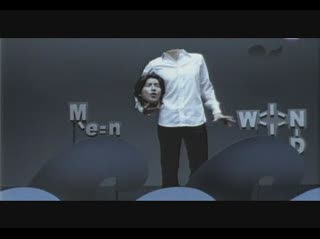

And so the best way for us to describe it is we typically help a family that that would be classified as the working poor. I mean are we talking about kids who come in from the streets of Augusta? Is it somebody whose parents just lost their jobs and they don’t have a roof over their head anymore? Is it abused children? Is it all of the above?ĭavid Hogg: It’s all of the above, and I go back to Emily, Emily has a vast network of professionals out there that are working with families. And she has just a massive amount of experience in working with children to help them get on the right path.īrad Means: Well, so let me ask you this. We have our executive director, Emily Boils, who has been with us for 32 years. And I guess it’s unique to us that we don’t just offer one type of solution. And so today we really offer a wraparound service to children who need really anything for any type of support that we can offer. We also ask for grants to help go directly to some of the clients that we serve. And I guess the question would be is there a typical client or does it just run the gamut?ĭavid Hogg: It’s a wide range, Brad, and I will tell you that as we’ve evolved, today we are fortunate that we’re able to operate and cover all of our administrative expenses as an organization with resources that we have. So we’ve got a long history working with children that need support in our area.īrad Means: We try to give our viewers a chance, David, to envision what people look like who need the Tuttle Newton Home, who use your services. And then another piece of our history as we actually purchased a home for child enrichment so that they could begin their services in 1978. And that was probably back when the orphanage was operating. Two other interesting pieces of our history are that Tuttle Newton Home actually paid the first child welfare worker to come to Augusta. And then in 1946, the actual orphanage closed, and at that time we transitioned ourselves into a licensed child placing agency. The name was changed to the Tuttle Newton Home to honor two of our primary benefactors, Mr. And we actually had an orphanage where we had custody of children in 1915. Is that what it is today? Does it even remotely resemble what it was when you all started?ĭavid Hogg: Brad, that’s a great question and it has evolved greatly since then, but our history does go back to 1852, at which time we were chartered as the Augusta orphan asylum. David Hogg, the president of the Tuttle-Newton Home, shares the history and work of the home, and how you can make an impact on the people they help.īrad Means: David, thank you for what you do for our community, and we really appreciate you being here with us today.ĭavid Hogg: Brad, thank you, and the Means Report for everything you all do, it’s an honor to be with you today.īrad Means: You know, David, I was doing some quick research on the Tuttle Newton Home and was quite surprised and impressed to learn that it started in our community back in 1852, basically as an orphanage. (WJBF) – Originally the Augusta Orphan Asylum until 1915, the Tuttle-Newton Home’s mission changed from that of an orphanage to that of a resource to help children and families in time of need.


 0 kommentar(er)
0 kommentar(er)
